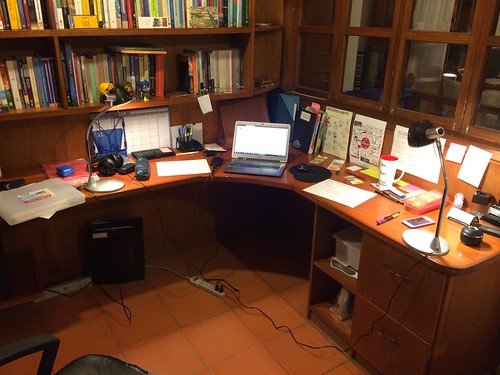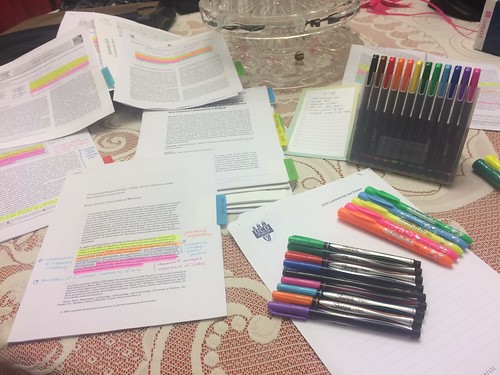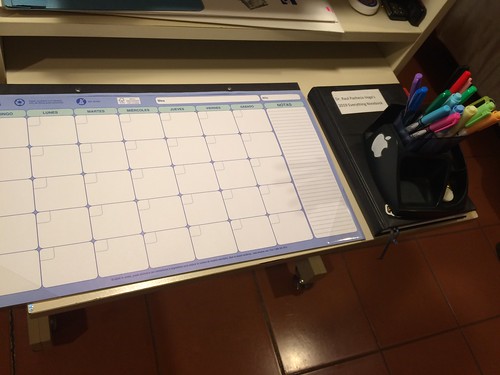One of the biggest challenges I find when reviewing the work of my graduate students is that their work is often not situated within the broader landscape of scholarly literature. They have made an important contribution, but it does not show clearly in their writing.
I tell them “you need to put your research into dialogue with other scholars’ work”. In this blog post I explain what I mean by that.
Doctoral students should be able to demonstrate fluency in the literature as well as breadth and depth. They should know which authors’ key idea can “dialogue” with other authors and how THEIR work is situated in the landscape of scholarship and how their work dialogues too.
— Dr Raul Pacheco-Vega (@raulpacheco) November 28, 2019
Note how in this paragraph I note how the author’s key ideas dialogue with other authors’.
For example, @benjaminjpauli ‘s recent book has countered the narrative that Flint was a “failure city” @AENickelsPhD ‘s new book looks at Flint from a public admin perspective pic.twitter.com/I3wIkyCoBl
— Dr Raul Pacheco-Vega (@raulpacheco) November 28, 2019
An important step in the process of making your work “dialogue” with others’ is drawing connections. This is why I say that we need to read broadly and deeply: to be able to connect a particular idea with that of other scholars you need to know what they said and where. This is why the Conceptual Synthesis Excel Dump (CSED) is important: you can search the Excel file for a particular idea or concept that may seem relevant and related to the one presented in the paper you are reading. You can obviously do the same if you store your articles and books in PDF format in Mendeley (or Zotero, or EndNote, or Citavi, or Refworks). The ability to search can’t be overstated.
In the particular case I analyzed in my thread, I linked to the work of 3 scholars whose work I admire and who have studied the case of the water crisis in Flint: Benjamin Pauli, Ashley Nickels and Malini Ranganathan. Because I do recall their work, I can connect ideas from the article I’m reading to their published research, as I show below. I drew a quick mind map to show how their work connects to that of Moors’ (2019).
I drew a quick mind map of how Moors (2019) relates to Ranganathan (2016), Nickels 2019 and Pauli 2019.
(Paper is from an amazing hotel I stayed at this year, in Berlin. Highly recommended. In Pretzlauer Berg, in the hipster gentrified eastern part of Berlin).
Note here… pic.twitter.com/PDss0vORcK
— Dr Raul Pacheco-Vega (@raulpacheco) November 29, 2019
This mind map only links 3 ideas and 3 authors, but of these, perhaps the most relevant is the reframing of Flint as a vibrant city. That’s the core idea Moors is putting forth: that social media enabled Flint residents to tell the world their story from their perspective.
I haven’t written a memo derived from these notes, but it’s clear to me that I could (and probably should), and that I could/should cite Ben, Malini and Ashley’s work when I revise my R&R.
At any rate, THIS is what I mean by “making your work dialogue with that of other authors” – being able to connect core ideas from an author to those of others. Hopefully this blog post will help those writing their Literature Reviews










Recent Comments